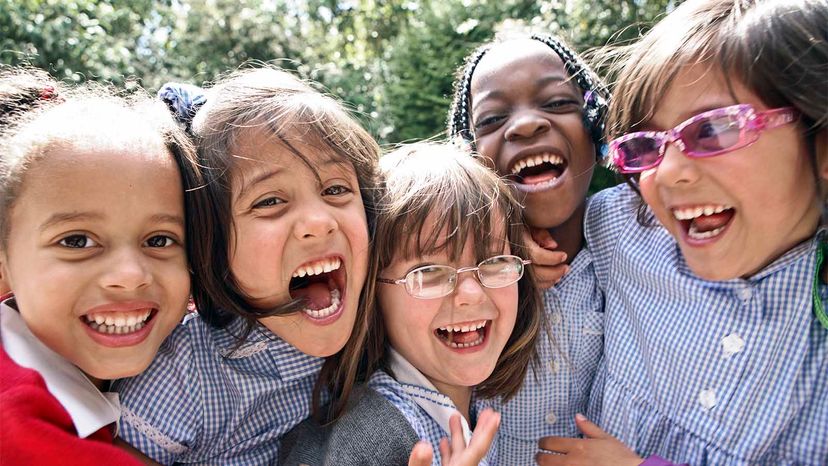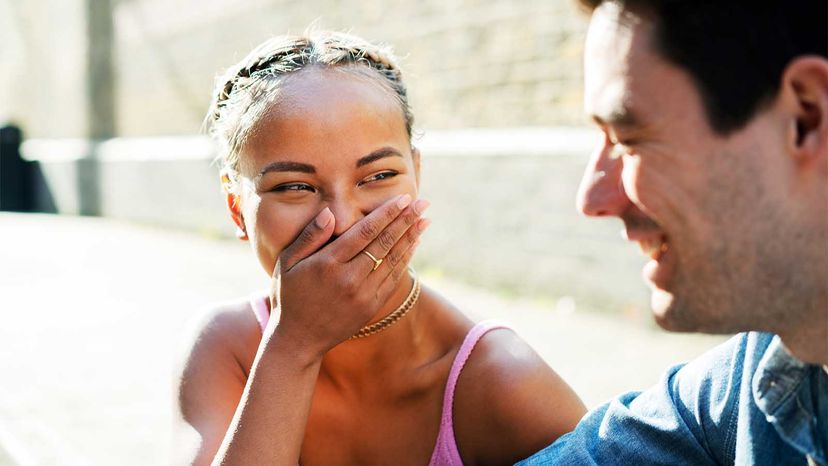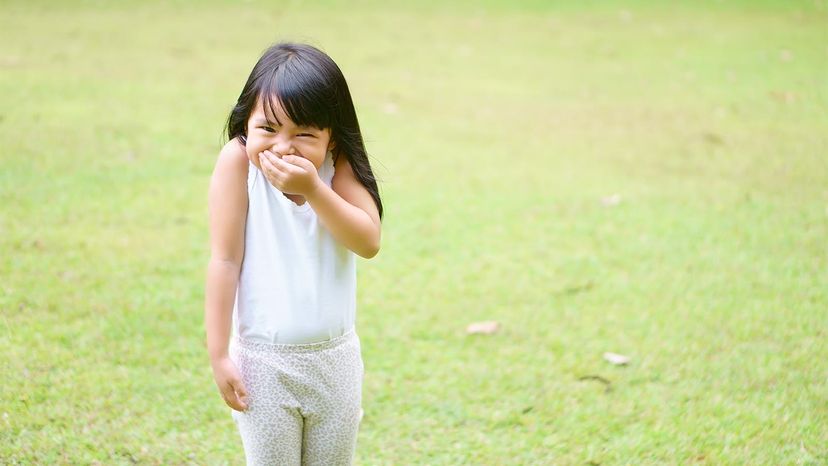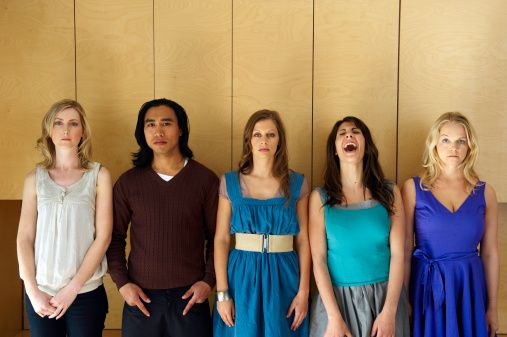
Parents of newborn babies learn quickly there are many ways babies cry. One type means a baby is hungry, another cry says the baby has a dirty diaper. Then there's the cry that signals the baby just wants attention.
Parents don't put as much thought into what their child's laugh means (unless it's obvious they're fighting with their siblings). In fact, very few people consider the differences in laughter at all.
Advertisement
According to the late Robert Provine, who was a laughter expert and professor emeritus of neurobiology of psychology at the University of Maryland, laughter is specifically a social structure, something that connects humans with one another in a profound way [source: Provine].
According to his findings, people are 30 percent more likely to laugh in a social setting that warrants it than when alone with humor-inducing media [source: Provine]. That means that you're more likely to laugh with friends while watching a comedy together than when you're watching the same show or movie by yourself.
Though there are many ways to laugh, from giggles to guffaws and chuckles to cackles, it turns out that we humans laugh for many reasons, some of them odd. And it's more than just the latest episode of "Saturday Night Live" that has us doubled over; 90 percent of why we laugh has nothing to do with somebody telling a joke [source: Trump].
So what are some of the different types and reasons for all the laughter?











